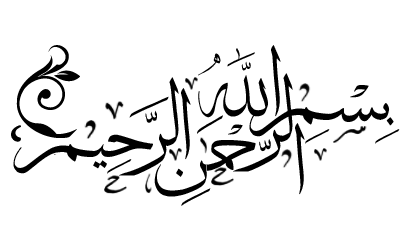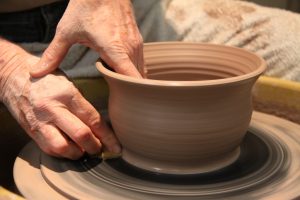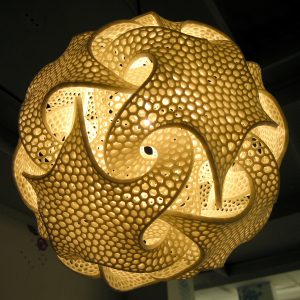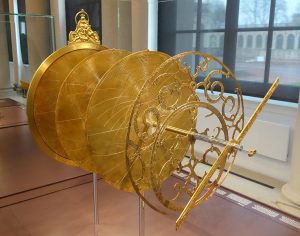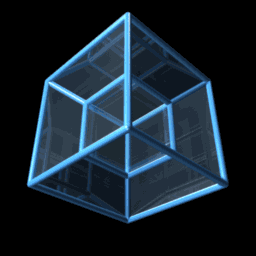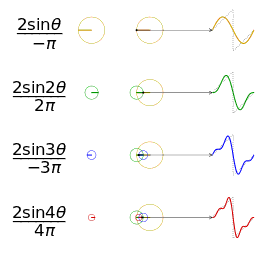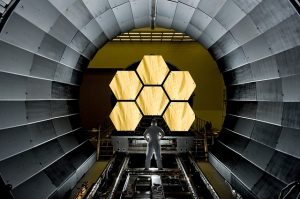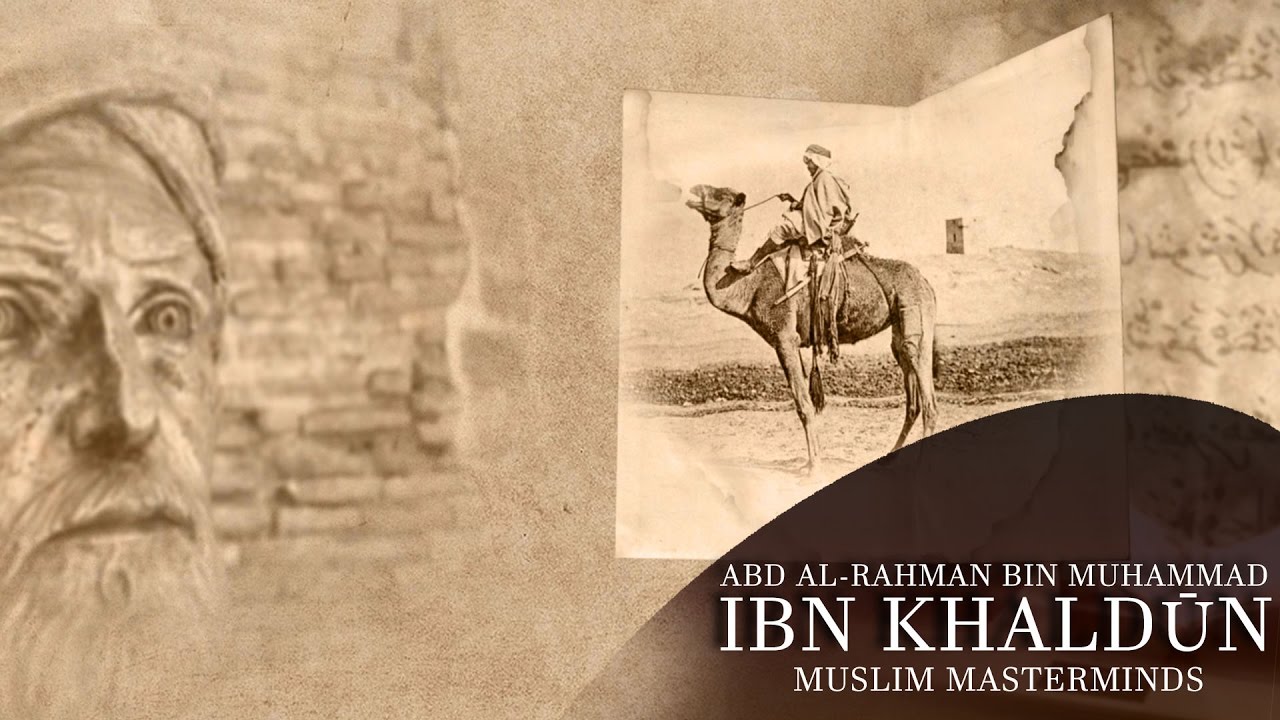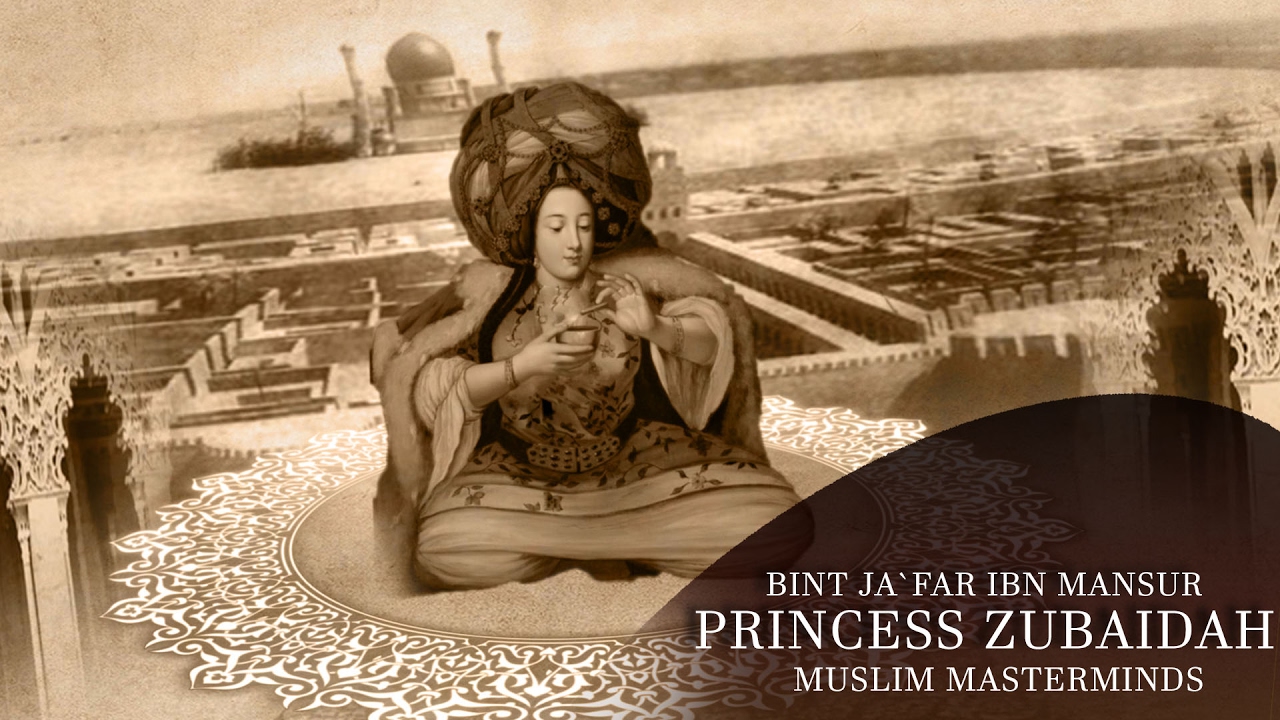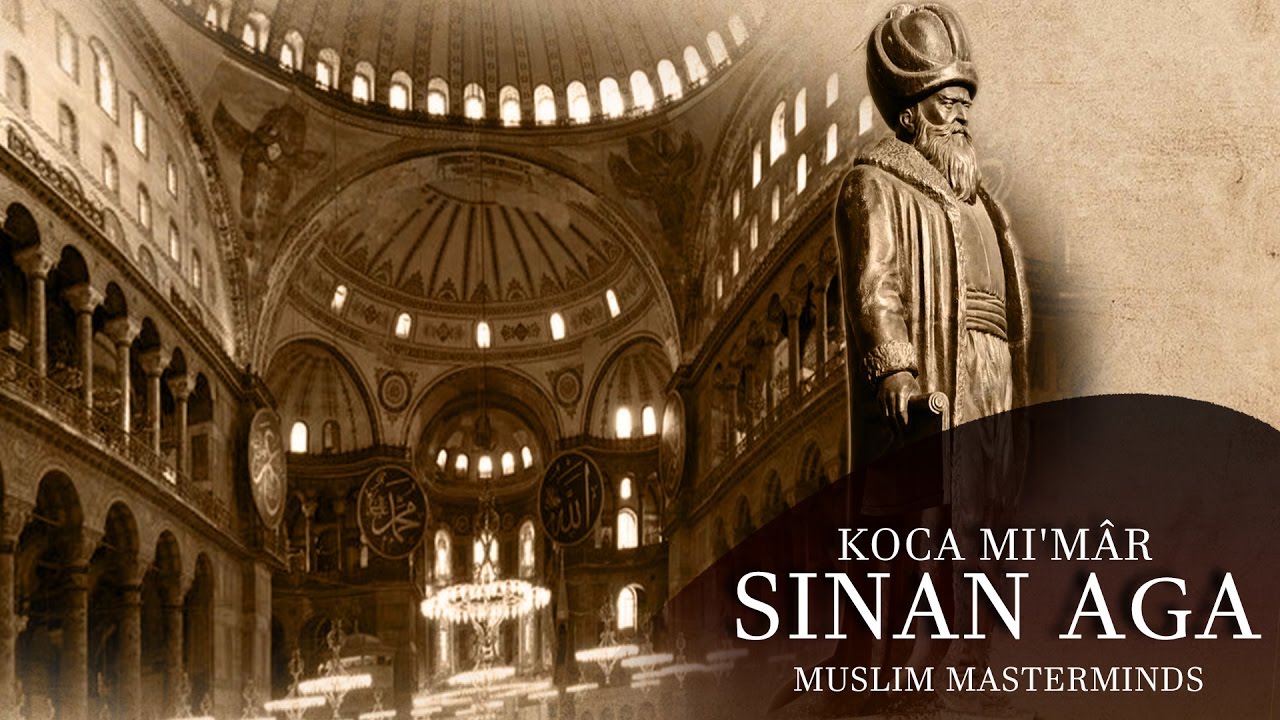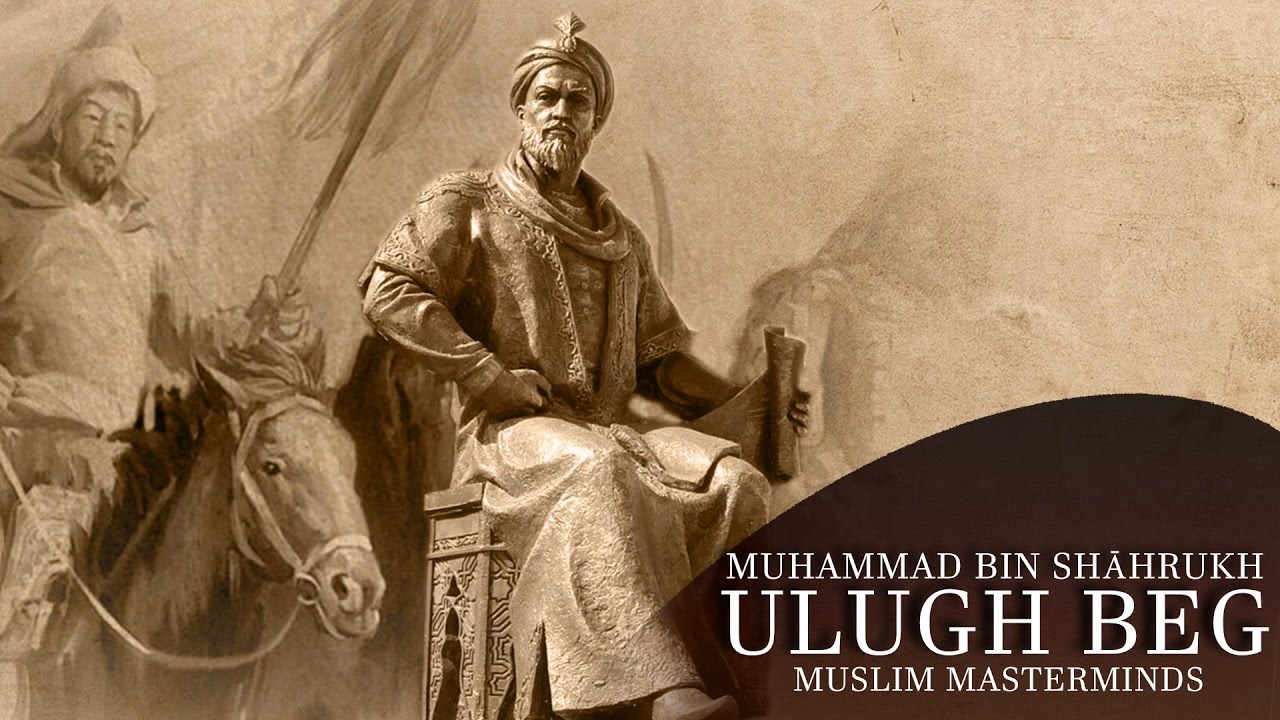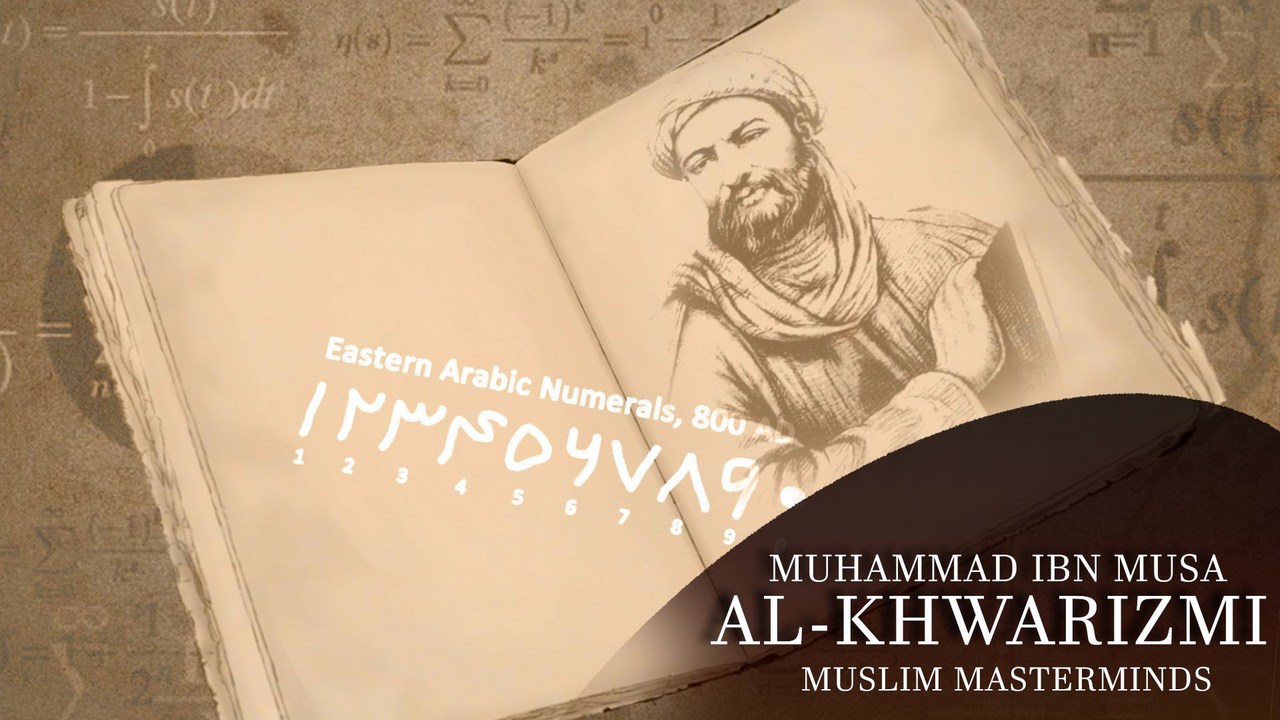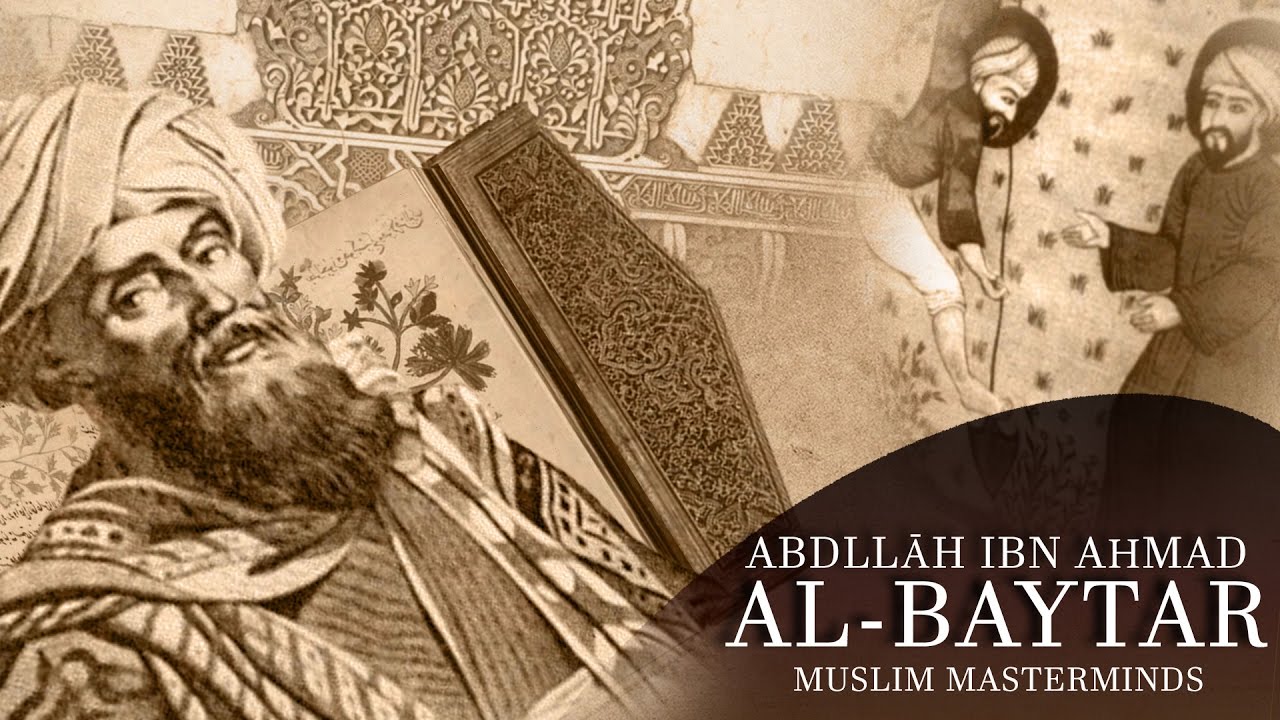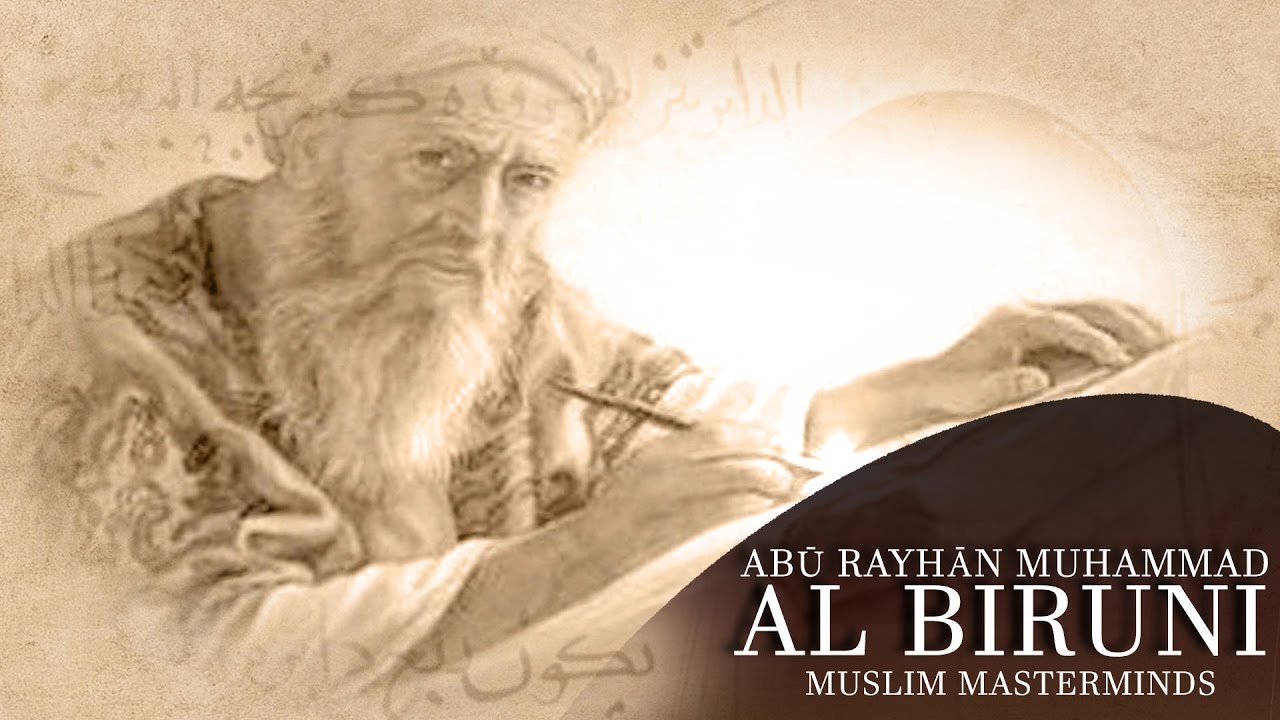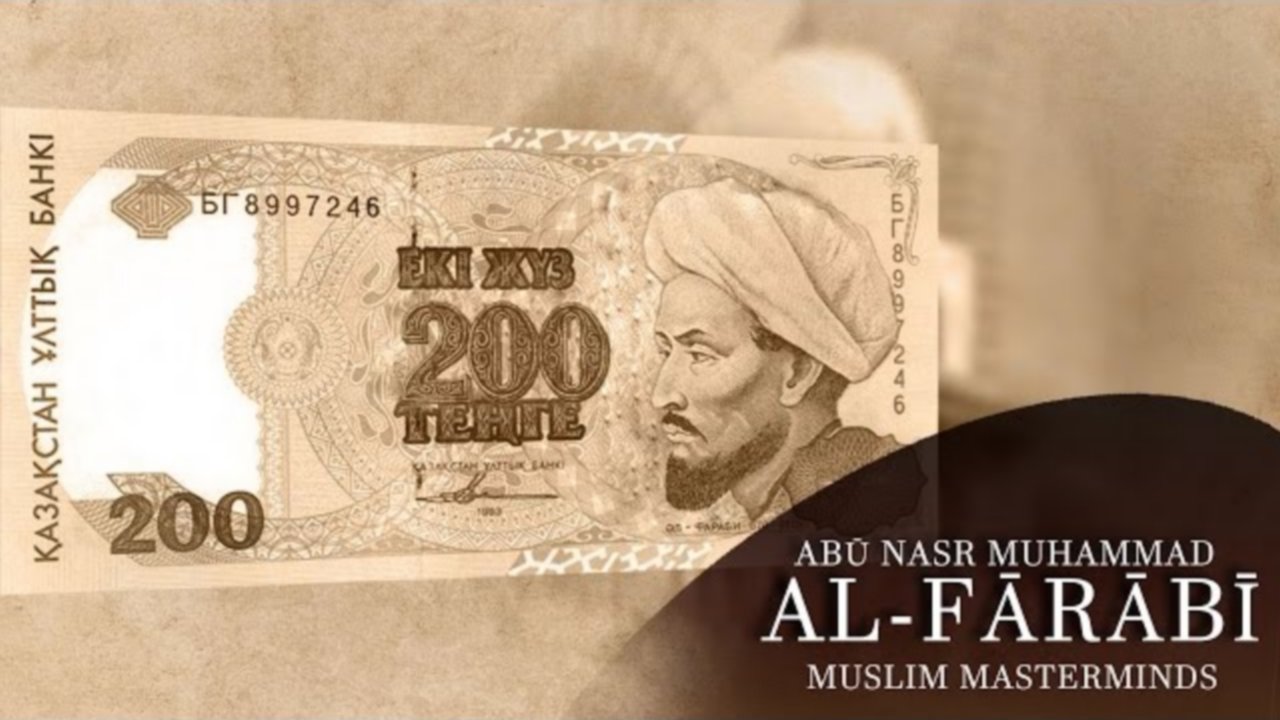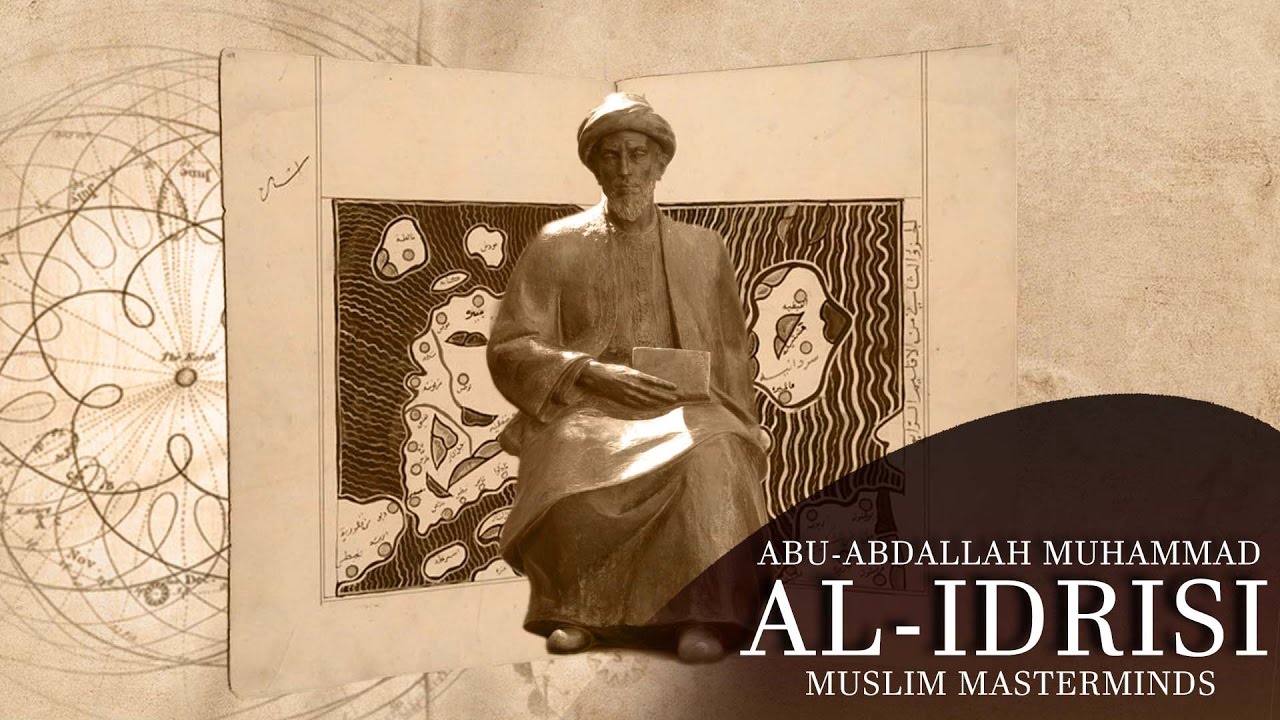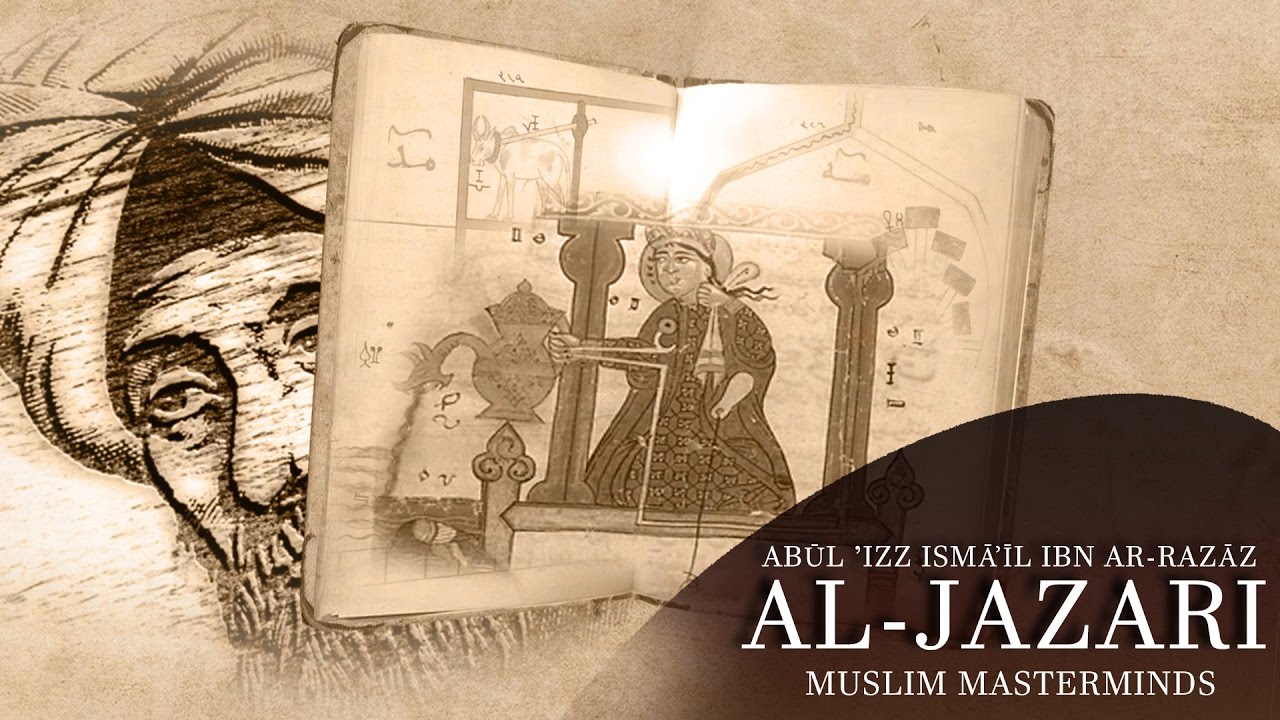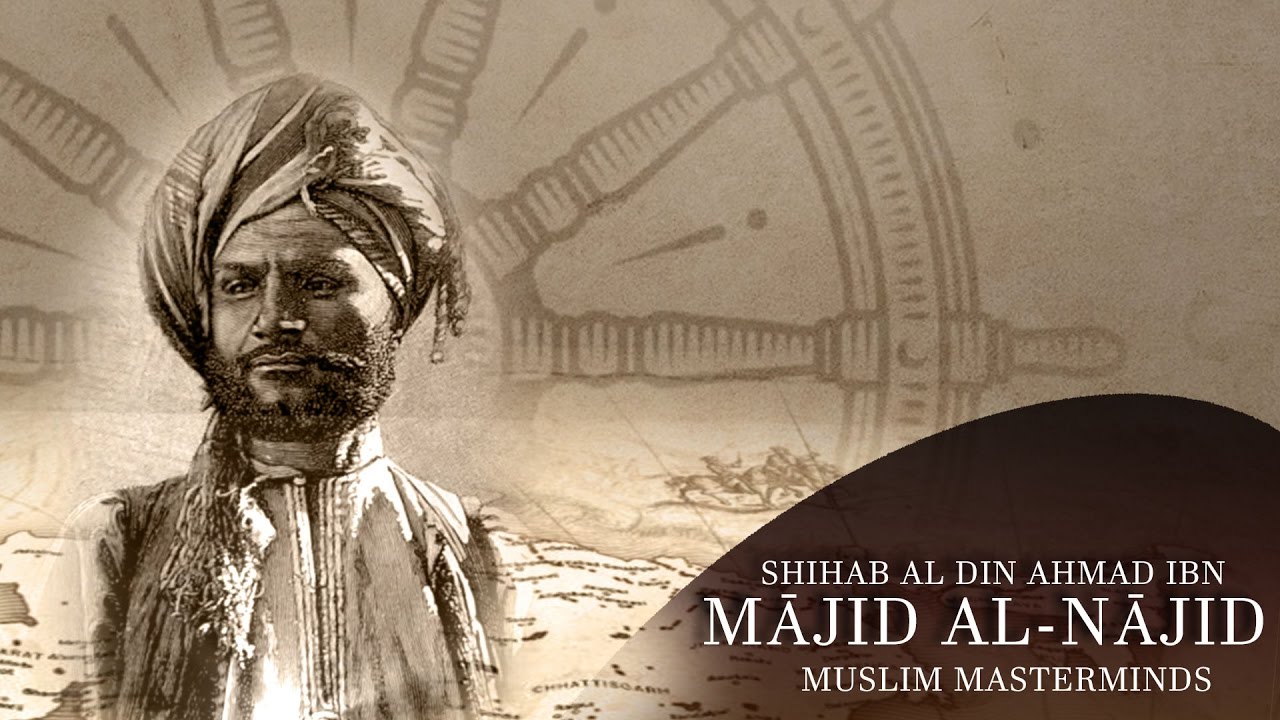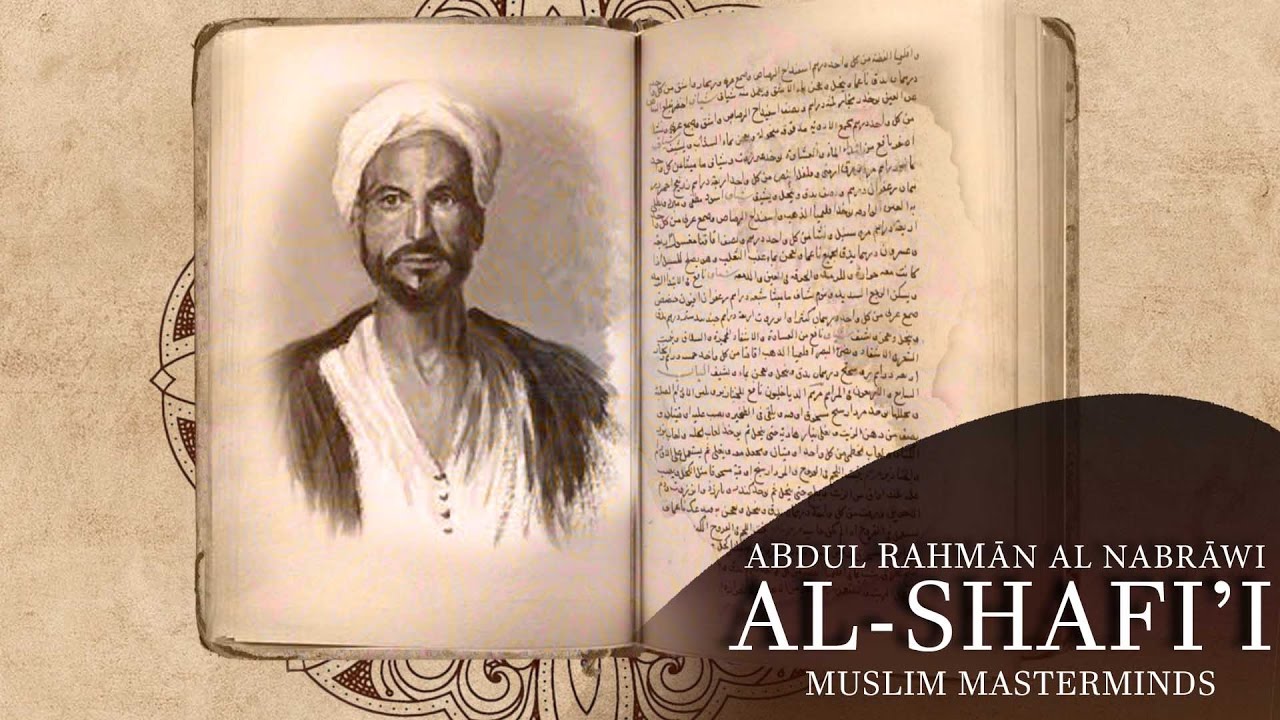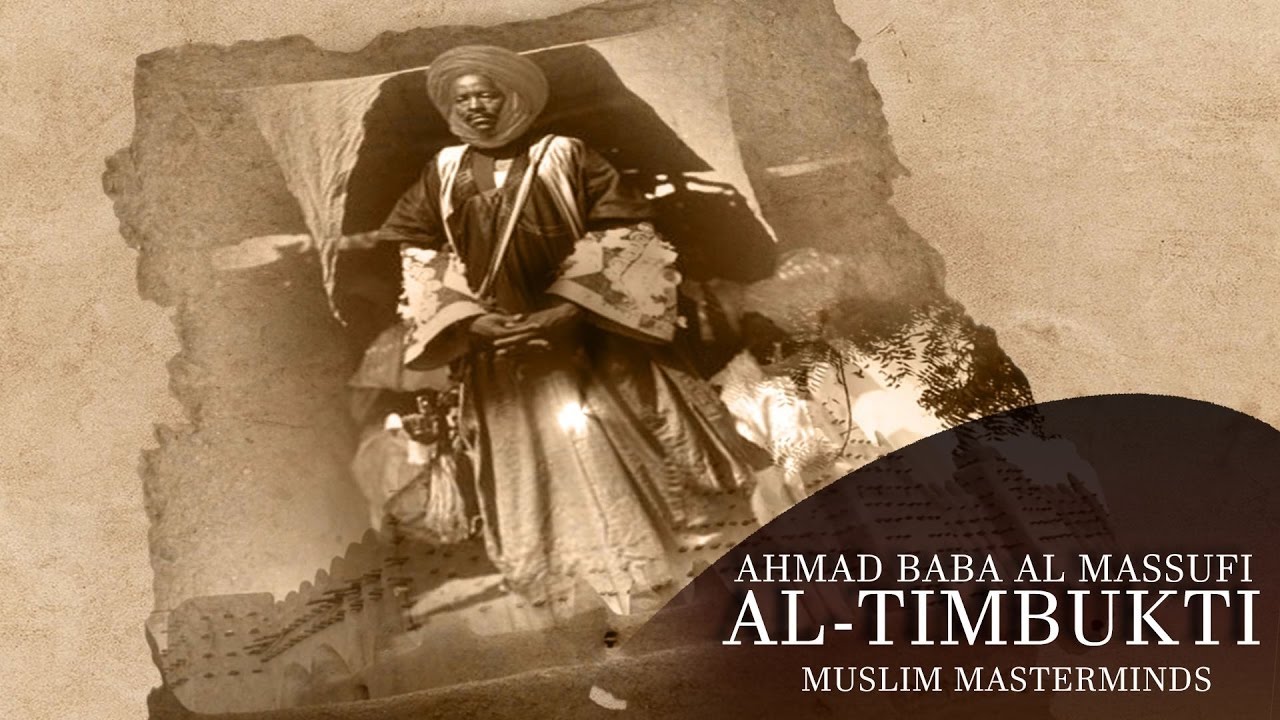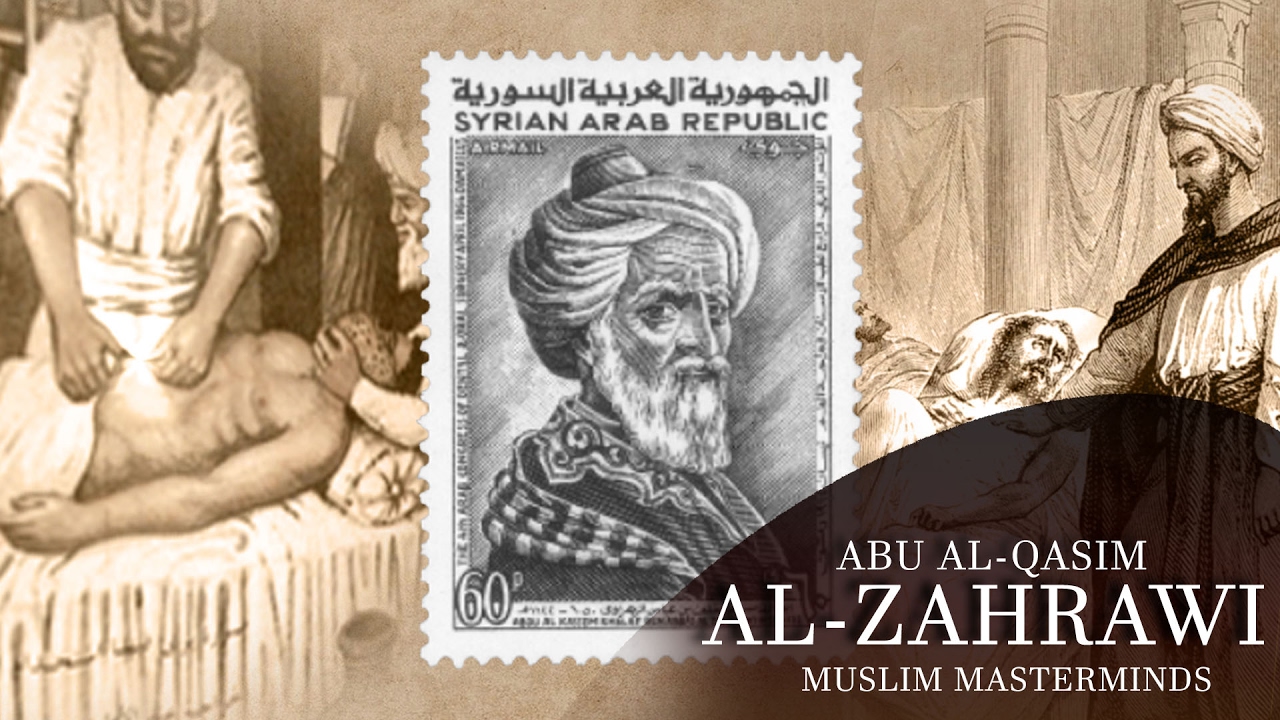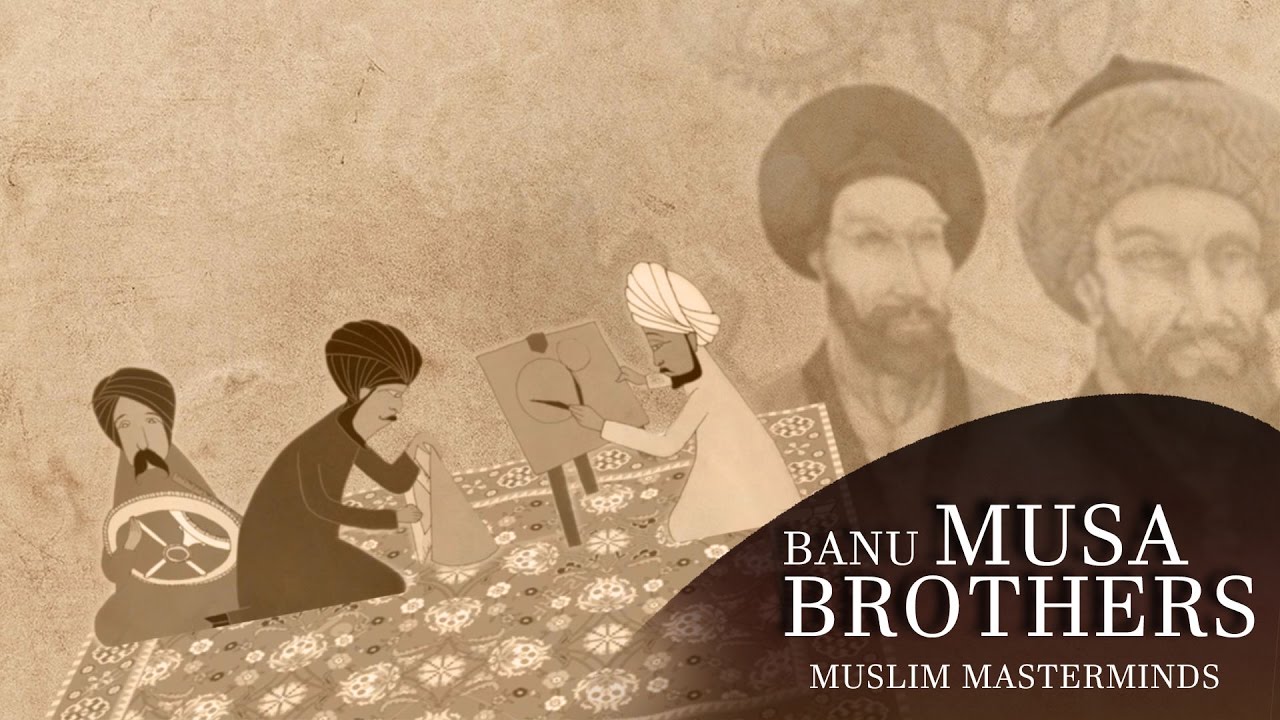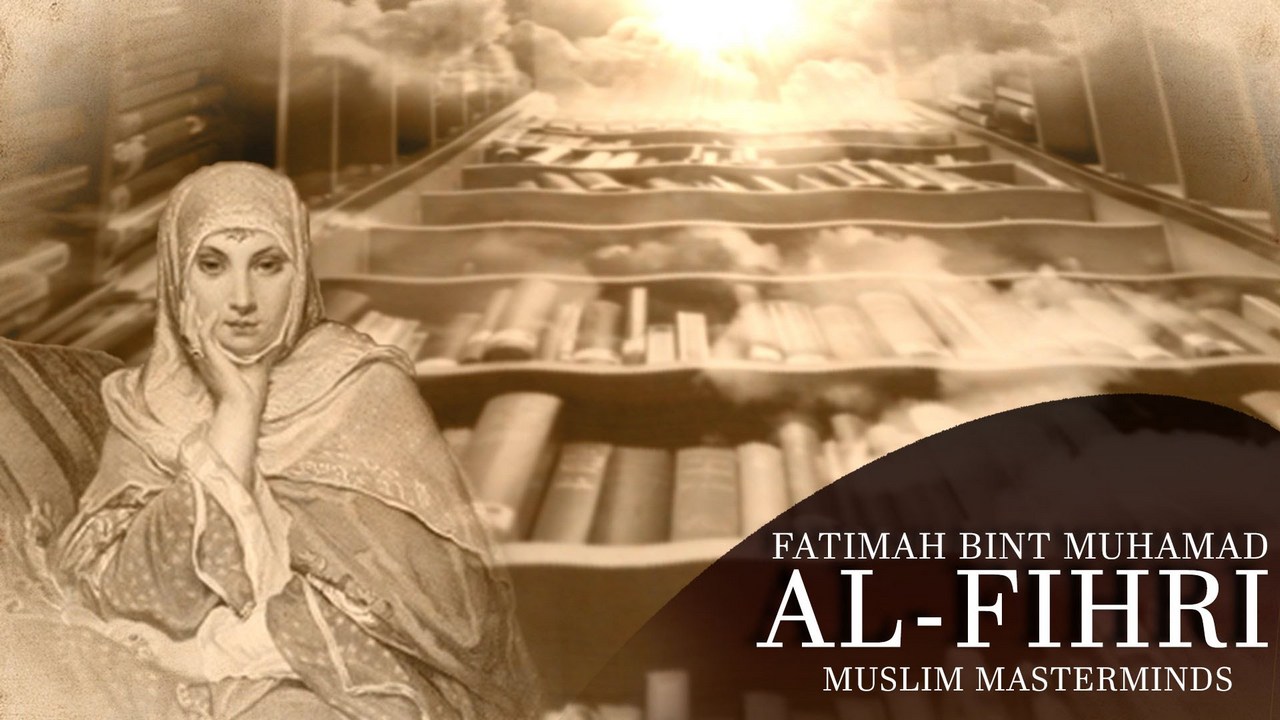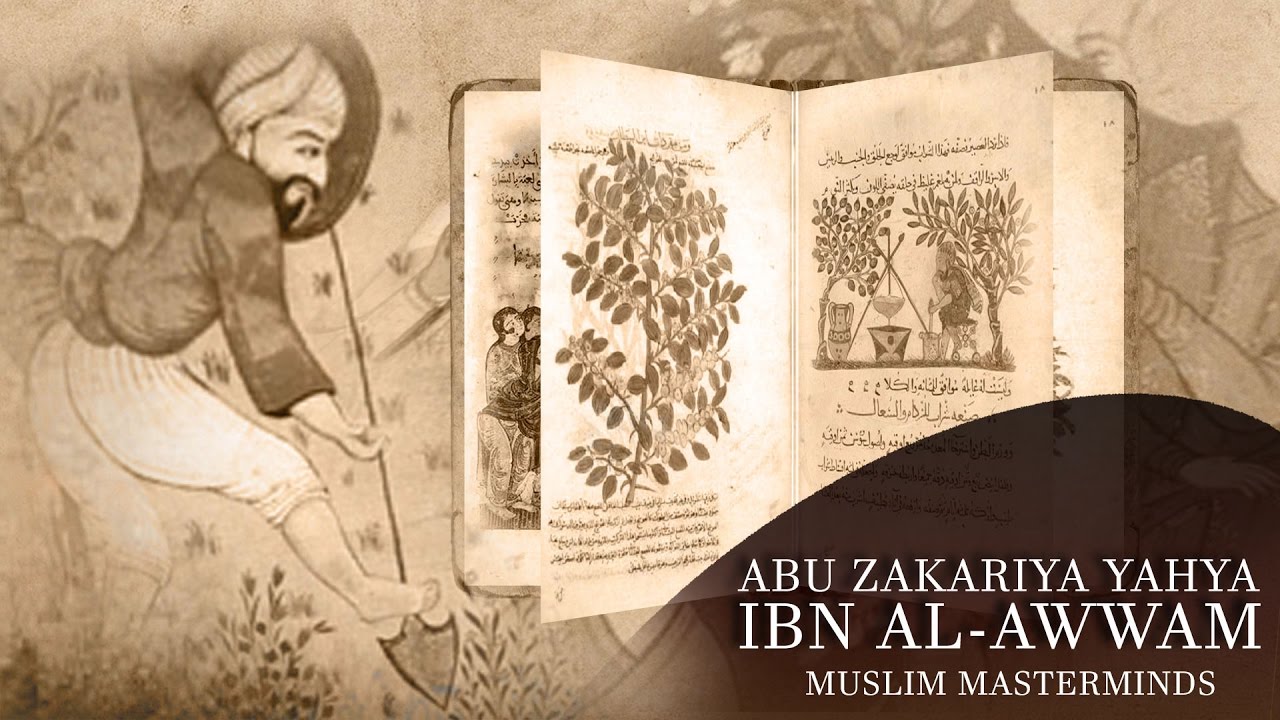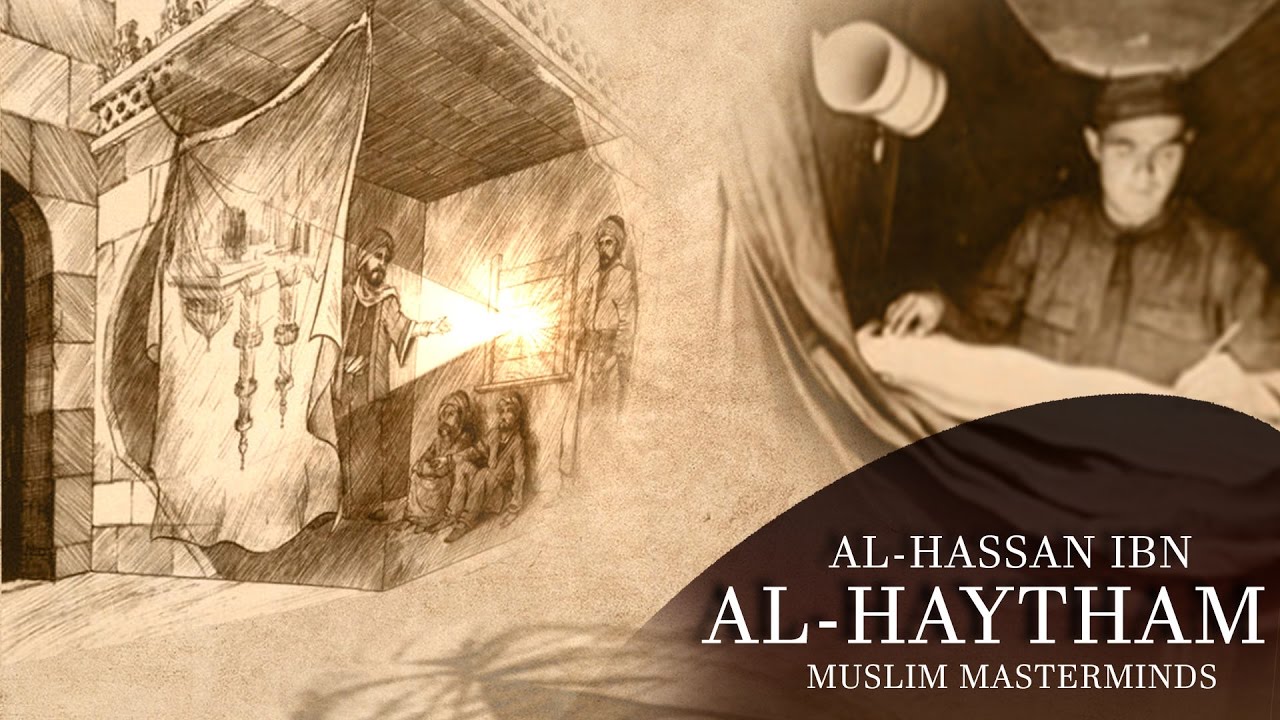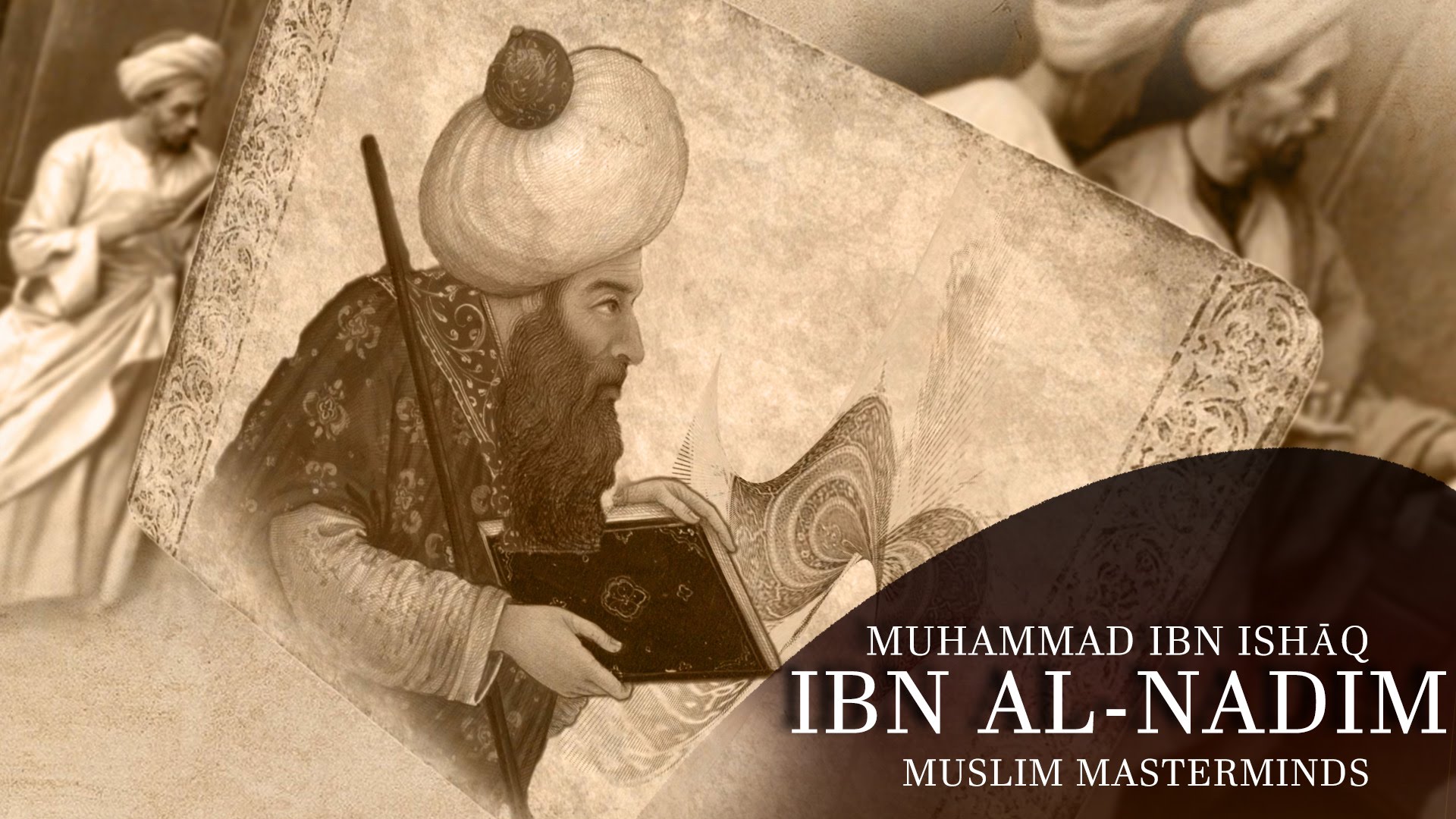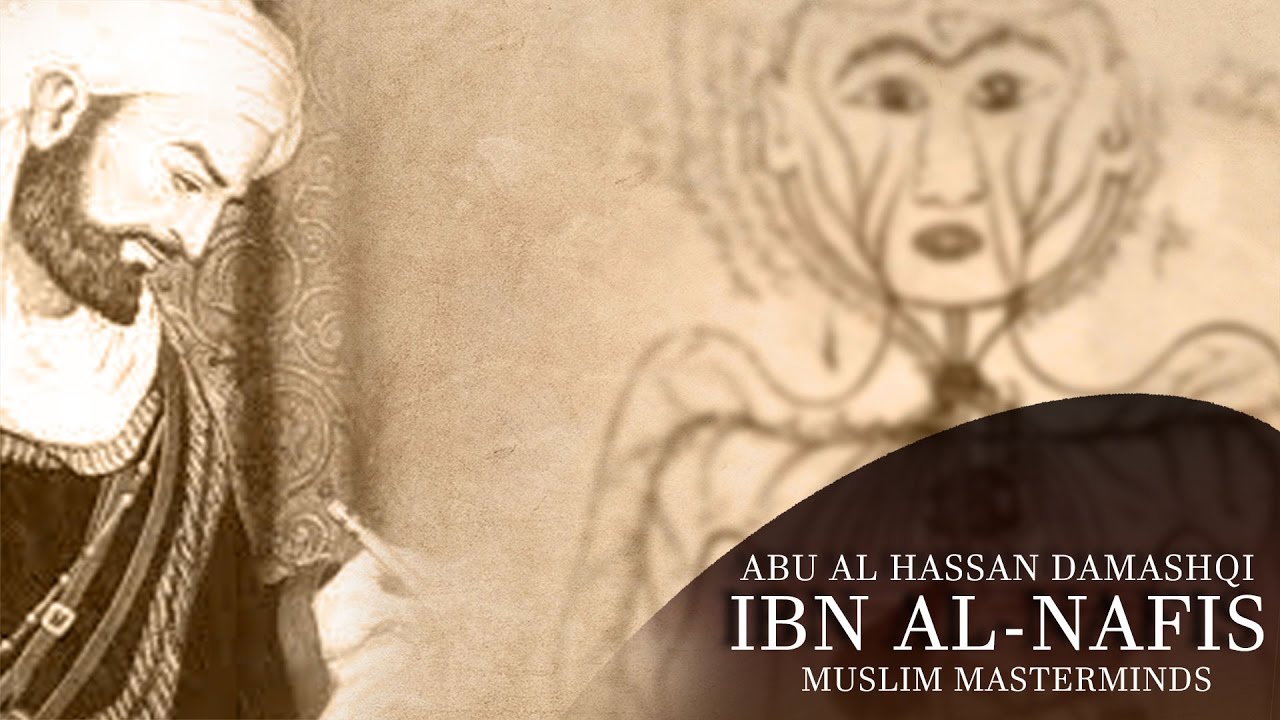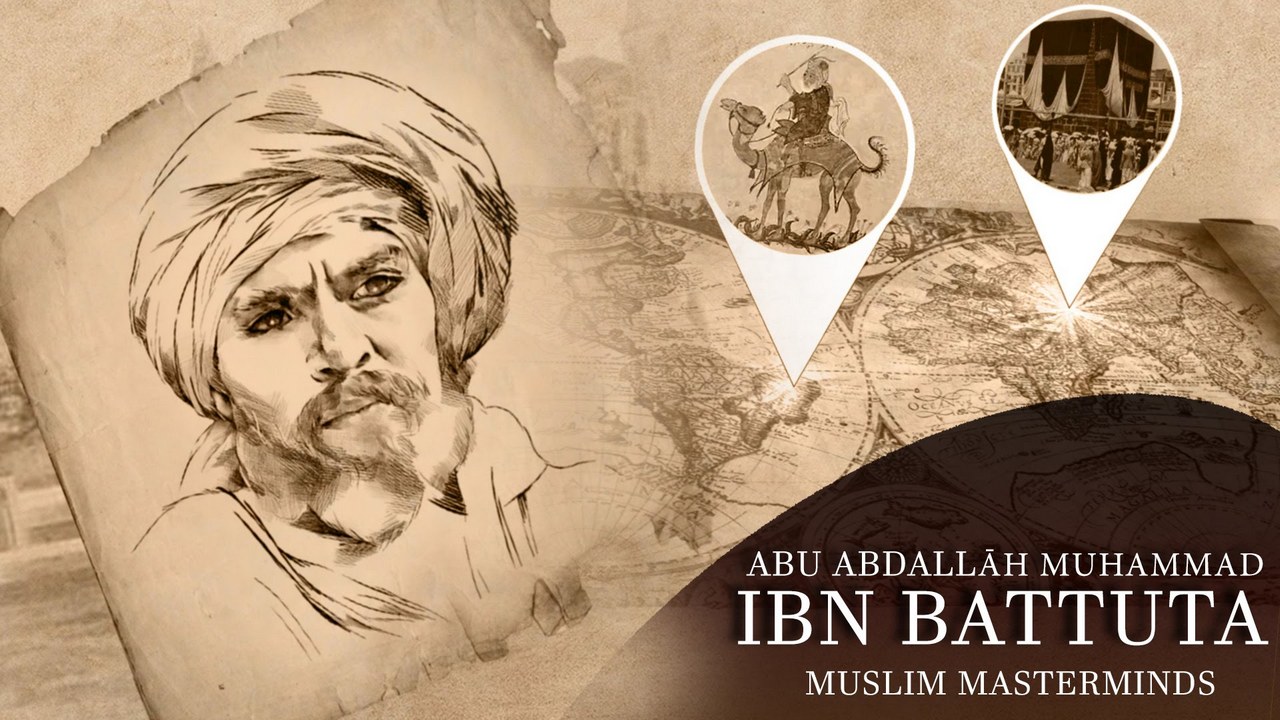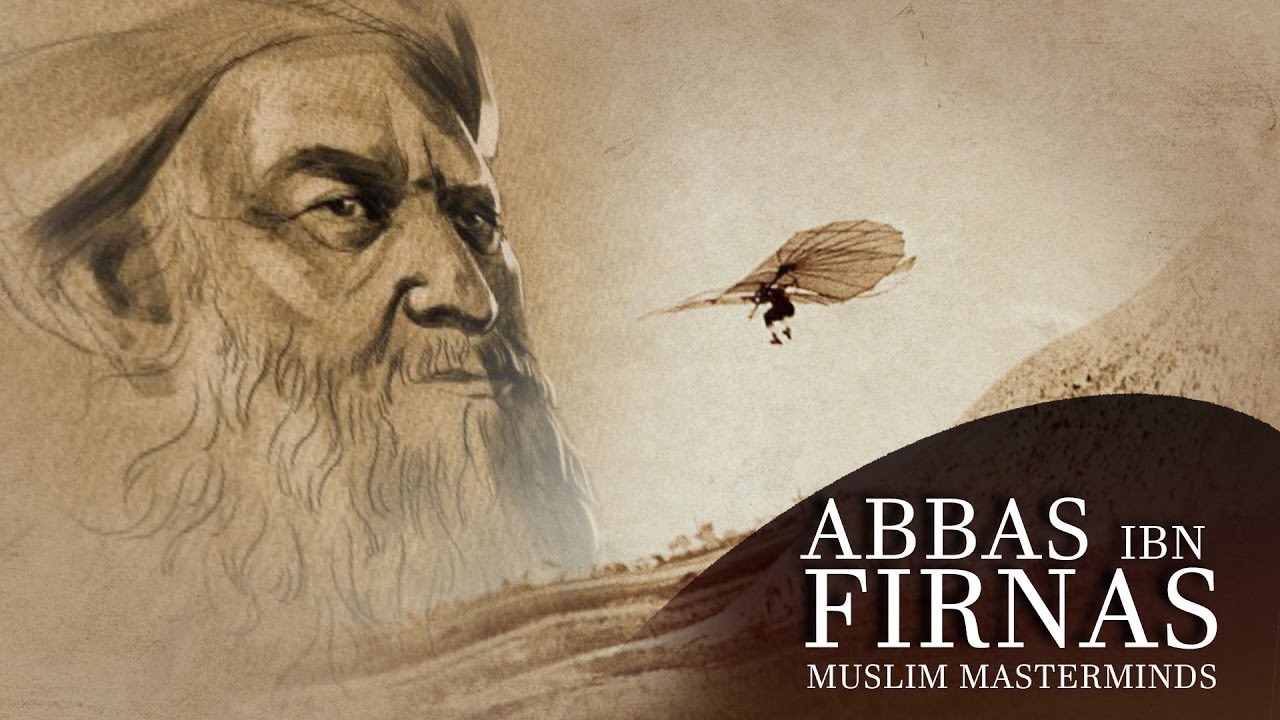Some people tend to be seekers of symmetry, beauty, emotion, and meaning. Each one of them tends to see the world from a unique perspective not bound by a certain commonality or specific rules. They can express their unique views in beautiful captivating forms, evoking otherwise fade feelings in the spectators and listeners. Although artists may come in mind when reading about these people, most of us have this tendency within.
Some people are inclined to be efficient problem solvers. They like to use whatever tools they have to engage the issues at hand. These people are problem oriented, not solution oriented. Developing an elegant or universal solution is not as important to them as feeling the joy of fixing things by themselves. They seek, however, optimal solutions, and make immediate difference in their surroundings. Engineers are typically associated with this kind of tendency, but we could find the same tendency in many people like physicians, managers, hand craftsmen, and programmers.
We can also find many people capable of dedicated and careful observation of their surroundings. After collecting enough data, they can see patterns and deduce laws to compress, simplify, and model the data they’ve gathered so eagerly. They are not doing this for the sake of solving any specific problem, but rather for satisfying their mere curiosity, and following their inner impetus for deep understanding of the depths and ends of whatever they observe. Great scientists in our history certainly have this tendency, but we can find this propensity even in our little children while playing and our mature researchers while exploring.
Yet some people can only be comfortable making abstractions, following logic, and reasoning about relations of things. If give them a set of consistent assumptions and basic beliefs, they can use logic to relate entities, deduce powerful results, and anticipate outcomes you’ve never thought possible at first sight. They seek to have a common symbolic language to exchange their ideas with their peers, and to express their abstractions, logical deductions, and inferred relations to others. By now you probably are thinking about mathematicians, but this tendency can be found in many others like law makers, philosophers, scientists, and linguists.
Yet you’ve probably met people who find their sole joy in educating themselves and others. You find them in libraries, and in front of computer screens trying to gain deeper understanding of some topic. Then they strive to find the best way to communicate what they’ve understood to their colleagues, students, or neighbors. They could spend decades of their life simplifying the understanding of just a single topic of knowledge to the benefit of their followers. We all appreciate our beloved teachers and mentors, either in childhood or adulthood. Most of us, however, played the role of a teacher to ourselves and to others at one or more points of our lives.
Very few people, however, have all these tendencies inside them. Sometimes they are like artists, seeking beauty and meaning. Other times they are like engineers, searching for the best solutions within the limits of available resources. On occasions they are scientists, gathering observations and trying to see patterns. In many situations they apply logic based on a set of assumptions and beliefs to reach beyond the seen to the unseen. They usually enjoy learning new things and finding new ways to explain what they learn to the simplest of people, with no goal in mind other than the pure joy of watching others gain more understanding. They are always exploring the world of ideas and enormous potential planted inside them, and astonished in awe by the grand universe they are part of.
I believe I’m one of the people in the last category; an explorer with diverse tendencies. I spent many years searching for a language that suits me in my continuous explorations. I could only find the core of what I’m looking for in the study and exploration of geometry.
- I’m in love with the symmetry and beauty of geometric abstractions. I also enjoy the way I can use computers to explore and study geometric ideas. Consequently, I need a symbolic language having the elegance and symmetry of its own.
- I’m a software engineer by choice and education. The language I seek needs to be mathematical in nature, programmable in use, and practical in applicability.
- I love learning about myself and the magnificent universe I believe Allah created. The language should be long reaching and universally applicable in many fields of study.
- I also want to use the language to communicate ideas to others. The language should be compact and understandable.
I could only find these characteristics in the mathematical language of Geometric Algebra.
Welcome to my website and blog! A window to my world of tendencies and explorations.
Ahmad Hosny Eid.

